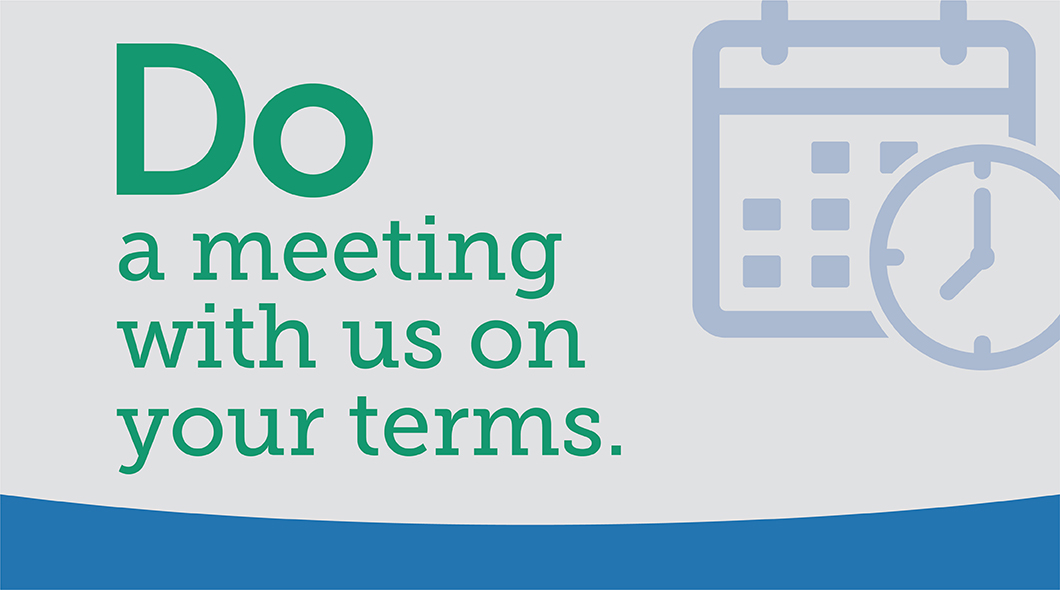A home equity loan can be a great idea for many homeowners with a one-time borrowing need. It allows you to borrow money against the value of your home, using your home as collateral. It can provide you with a lump sum of money to use for a variety of major expenses including home improvements, education expenses and debt consolidation.
Home equity loans often have lower interest rates than other types of loans, such as personal loans or credit cards and typically come with fixed interest rates and a fixed monthly payment, making it easier for you to budget and plan your finances.
Calculate a Home Equity Loan Payment
Please note this calculator is for educational purposes only and does not represent an offer for any product.
Once you know your home’s market value, subtract any outstanding mortgage balance or other liens on the property, such as tax liens, mechanic’s liens or judgment liens. The remaining amount is your home equity value.
For example, if your home is valued at $300,000 and you still owe $200,000 on your mortgage, your home equity value would be $100,000 ($300,000 - $200,000).
Remember that home equity can increase or decrease over time based on changes in the housing market and any payments made toward your mortgage.
- You have equity in your home. Your home equity is the difference between the market value of your home and the amount you owe on your mortgage.
- You apply for home equity loan with a lender, providing information about your home, income and credit history.
- Loan approval: If approved, the lender will determine the loan amount based on your equity and their criteria.
- Terms and conditions: You receive the loan in a lump sum amount and begin making monthly payments according to the fixed interest rate and repayment period agreed upon with the lender.
- Use the funds: You can use the money from the loan for a variety of purposes, like home improvements, debt consolidation or major expenses.
- You make monthly payments until the loan is fully repaid.
To qualify for a home equity loan, there are a few key factors that lenders typically consider.
Equity in your home: Lenders usually require a certain amount of equity in your home, typically around 15% - 20%. Equity is the difference between the current market value of your home and the outstanding balance on your mortgage.
Credit score: A good credit score is often important in qualifying for a home equity loan. Lenders want to ensure that you have a history of responsible borrowing and are likely to repay the loan. Although requirements vary among lenders, credit rating tiers are generally defined as 670 to 739 (Good), 740 to 799 (Very Good, will qualify for lower interest rates) and 800 to 855 (Exceptional, will have no issue getting credit).
Debt-to-income ratio: Lenders will evaluate your debt-to-income-ratio, which compares your monthly debt obligations (including your mortgage payment) to your monthly income. Generally, a lower ratio is preferred, with 43% to 45% or lower being a common guideline.
A home equity loan can also be used to refinance your current mortgage to a lower rate. In this scenario the home equity loan would become your primary mortgage.
Home equity loan payments are typically calculated on several factors: loan amount, interest rate, loan term and amortization.
Loan amount: The total amount you borrow will be a significant factor in determining your loan payment. This is the amount you need to repay, including associated fees and closing costs.
Interest rate: The interest rate on your home equity loan will weigh heavily in determining your payments. The interest rate is the percentage of your loan amount that you’ll pay in interest over the loan term. Generally, a lower interest rate means a lower monthly payment.
Loan term: The loan term is the length of time you have to repay the home equity loan. It is usually expressed in years. The longer the term, the lower your monthly payments will be, but keep in mind that a longer term means you’ll pay more in interest over time.
Amortization: Home equity loans are typically amortized, which means your monthly payments go towards both the principal (loan amount) and the interest. Although the monthly payment remains the same throughout the repayment period, at the beginning of the loan term, a larger portion of the payment goes towards interest, while over time, more of the payment goes toward reducing the principal.
A home equity line of credit is an open-ended loan that gives you the flexibility to borrow again and again without having to reapply. You only make payments on the amount you use from the line of credit.
It's a beneficial option if you want to have funds available in case of emergencies, such as needing to repair your roof, replace a water heater or pay other unexpected bills.
